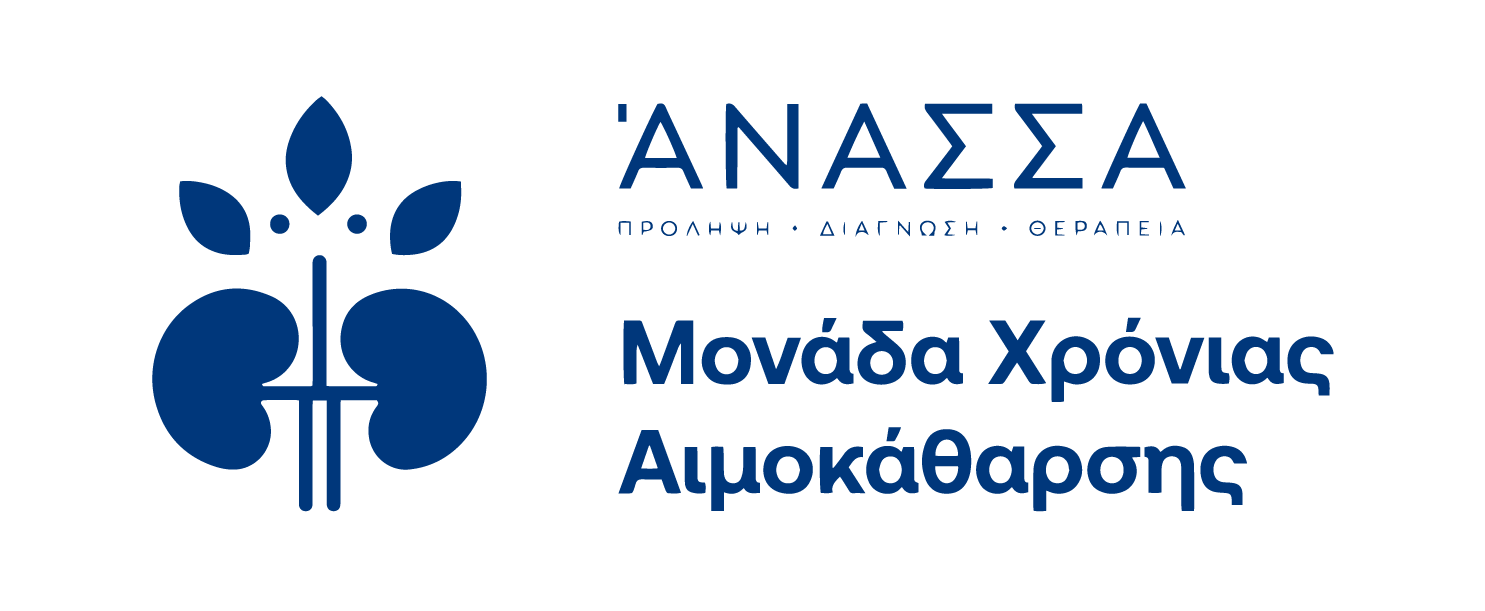Diet and Hemodialysis

01.
Every morning fill a jug or bottle with water and drink only from it. This way you will know every day how much water you have drunk
02.
Stick a piece of paper on your fridge door where you can write down the amount of water you have drunk each time
03.
Always drink water in a small glass
04.
Avoid foods with a lot of salt, because this will reduce your thirst
05.
Between meals, eat fruit (as much as allowed) and frozen foods
06.
When you are thirsty and want to drink water, moisten your mouth with lemon slices
07.
Take your medicines with your meal water
08.
Try to keep yourself as energetic and active as possible
09.
Set a goal to gain only half a pound each day
10.
Rinse your mouth with water, but remember to throw it away at the end and not swallow it
11.
Use mastic, mint or chew marshmallows which relieve thirst
12.
In winter, put a pot of water on the fire to produce water vapor, which will moisten the area where you are sitting, to help your dry mouth
13.
Stay outside or away from areas that you think make you drink large amounts of liquid (e.g. kitchen, bathroom)
Everyone agrees that it should not exceed 3.5-4.5 grams and corresponds to the amount we get from food when we do not add any salt.
The following tips can limit this amount:
- Don’t put a salt shaker on your table
- Canned foods are usually very high in salt, so it’s a good idea to check before you eat them
- Avoid crackers, chips and anything else that is sure to contain a high amount of salt
- Use fresh meat, poultry and fish. Avoid smoked and salted meat or fish, as well as bacon
The foods below contain very high amounts of salt:
- Feta cheese
- Margarine and butter (salted)
- Seafood (oysters, mussels, crabs)
- Canned meat
- Canned fish (salmon, tuna, sardines)
- Meat pies
- Preserved mushrooms, green beans
- Gravy and tomato sauce
- Pickle
- Biscuits
- Oil-lemon
- Canned meat (ham, salami, etc.)
- Soup Cubes
- Soup Powdered Soups
- Salted crackers, popcorn, nuts
- Salted snack (chips)
Eat fewer foods that are rich in phosphorus. The following are foods rich in phosphorus:
- Meat, fish, poultry (eat about 150-200 g daily)
- Liver, kidneys, heart, corn beef
- Milk (drink 1 cup of milk or yogurt daily or 1 “matchbox” of unsalted cheese)
- Ice cream, cream
- Eggs (up to 4 a week), egg yolk
- Soy products
- Nuts (all)
- Dry fava beans, lentils, beans, cereals (whole grain bread)
- Crabs, shrimps, prawns, crayfish, oysters, mussels
- Coke, coffee nes, wafers
- Chocolate, cocoa, ovomaltine
Take phosphorus-binding medicines in the middle of meals or immediately afterwards.
Phosphorus binders:
- To be taken during or immediately after meals
- To be taken even if you have not had a meal
- Do not stop taking them without a doctor’s order
- They sometimes cause constipation. If this happens report it to your doctor before using laxatives
- Don’t forget to take them when you are on dialysis. These are not removed with the hemodialysis filter
You can especially eat potatoes (prefer small ones and avoid sweet ones), carrots and peas if you leave them cleaned and cut overnight in water and then boil them in a large amount of water, which you throw away at the end.
Generally do not allow to eat daily more than:
- 2 tablespoons of cooked vegetables
- 2 pieces of fruit
- 1 cup of milk
- 200 grams of potatoes (4 egg-size)
- 2×75 grams of meat (2 servings)
What you can use:
- Use lemon, lemon juice or vinegar
- Use strong spices and herbs (oregano, thyme, rosemary, garlic, curry) to your taste when cooking
- Brush your teeth or rinse your mouth very often
- Add margarine or butter to vegetables, rice, potatoes and cooked cereals
- Add mayonnaise to salad, eggs and sandwiches
- Put honey, syrup, jams or cream cheese on bread, toast and crackers
Increase diet
calories
- Sugar
- Jam, honey
- Boiled sweets
- Cream
- Butter, margarine (unsalted and polyunsaturated)
- Vegetable oil
- Corn Flour

